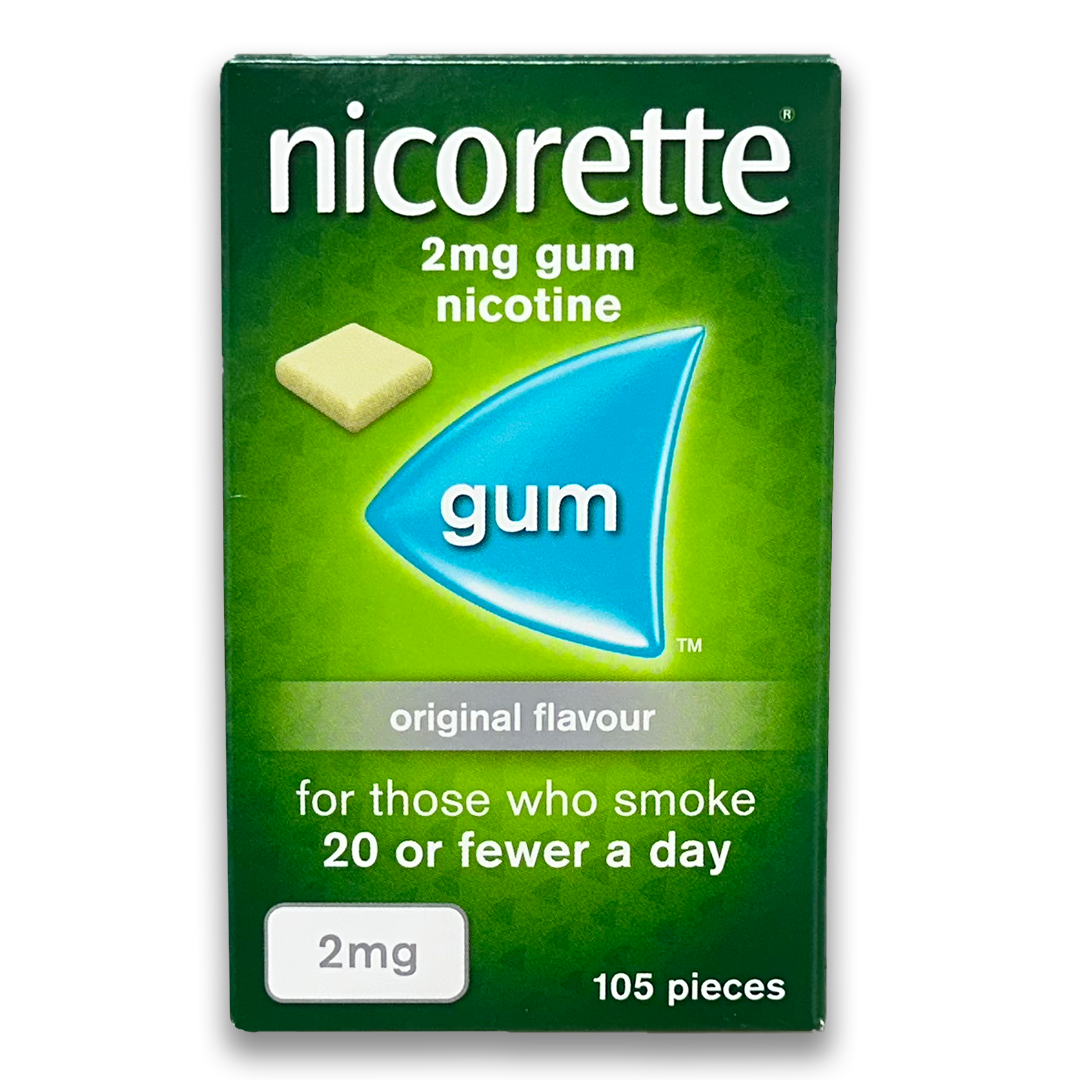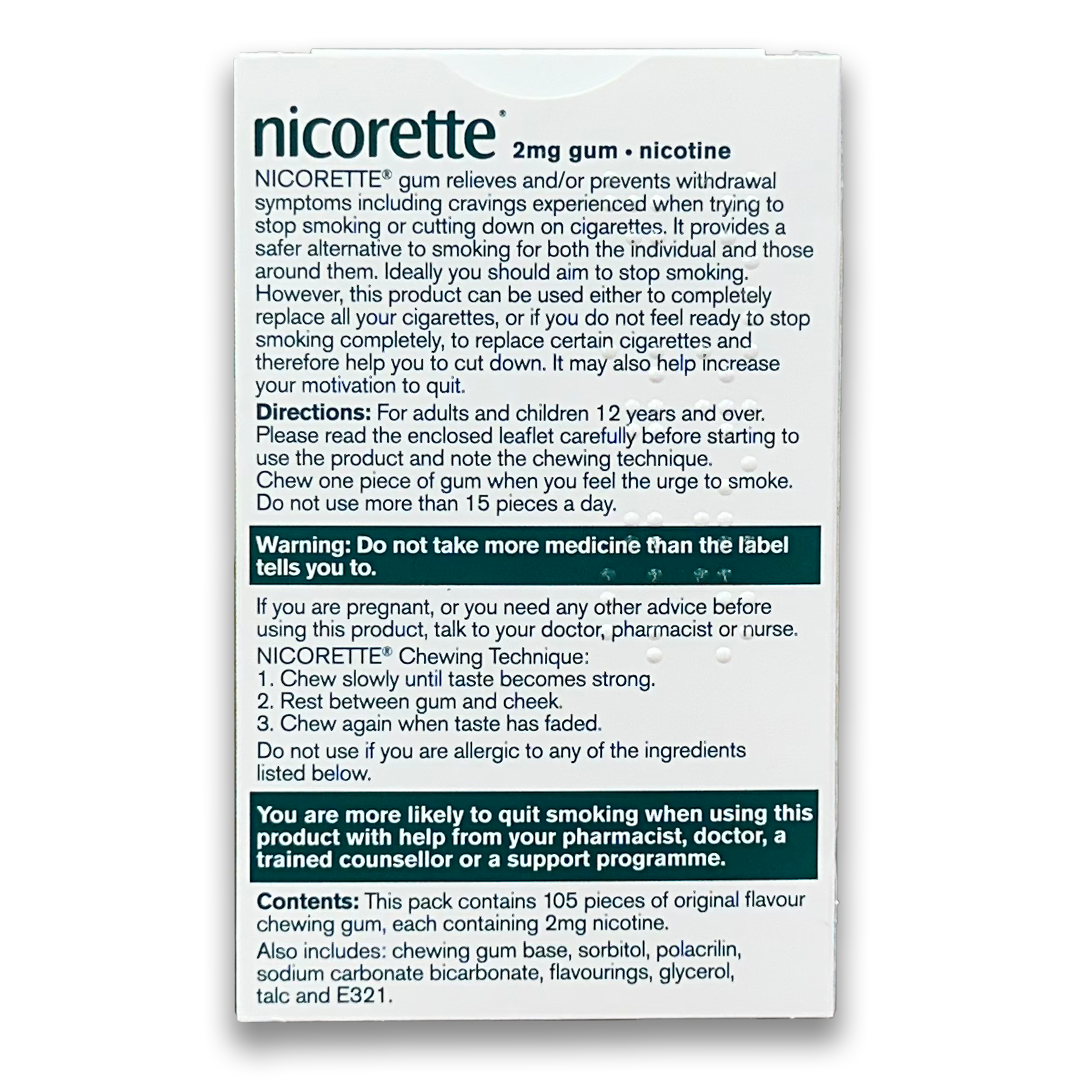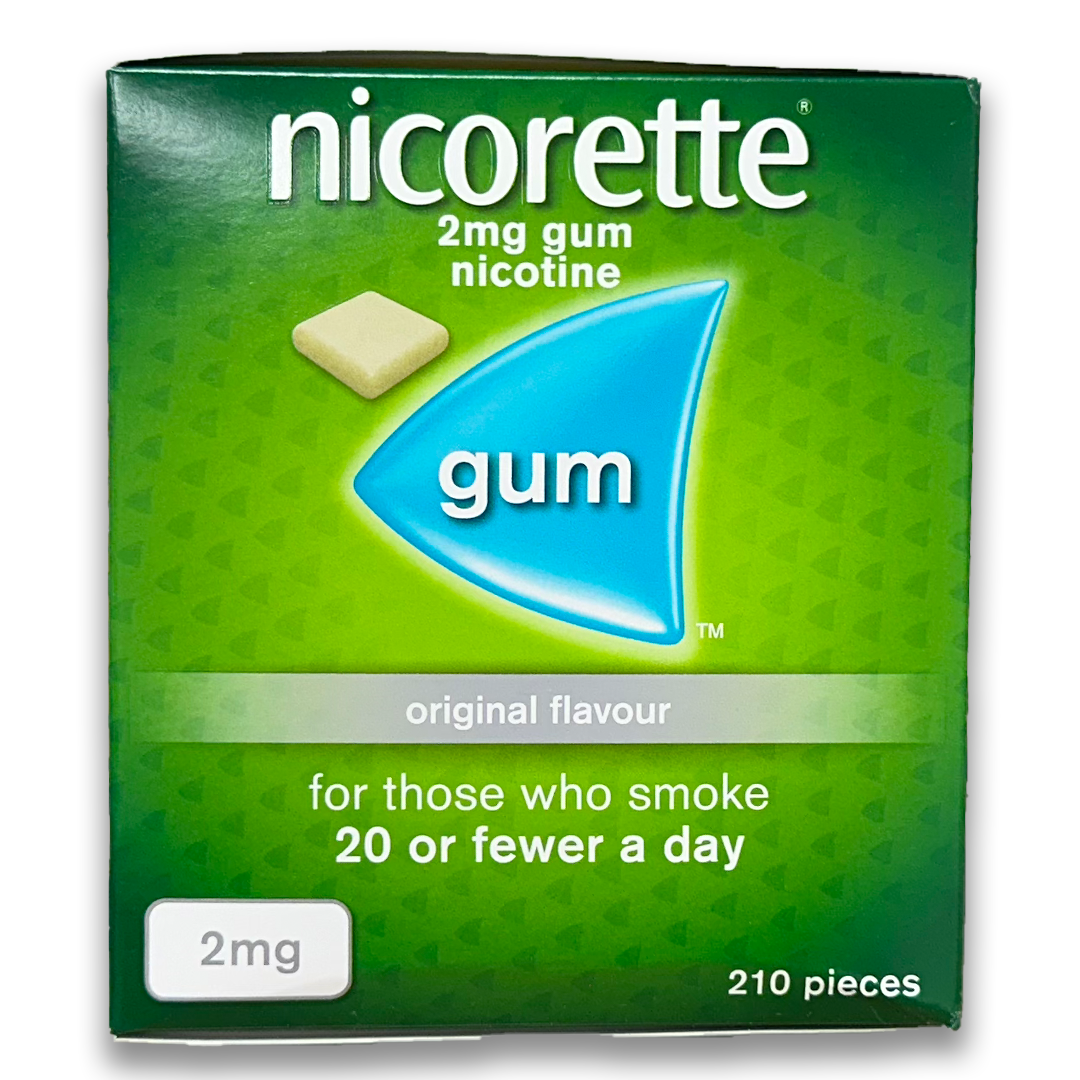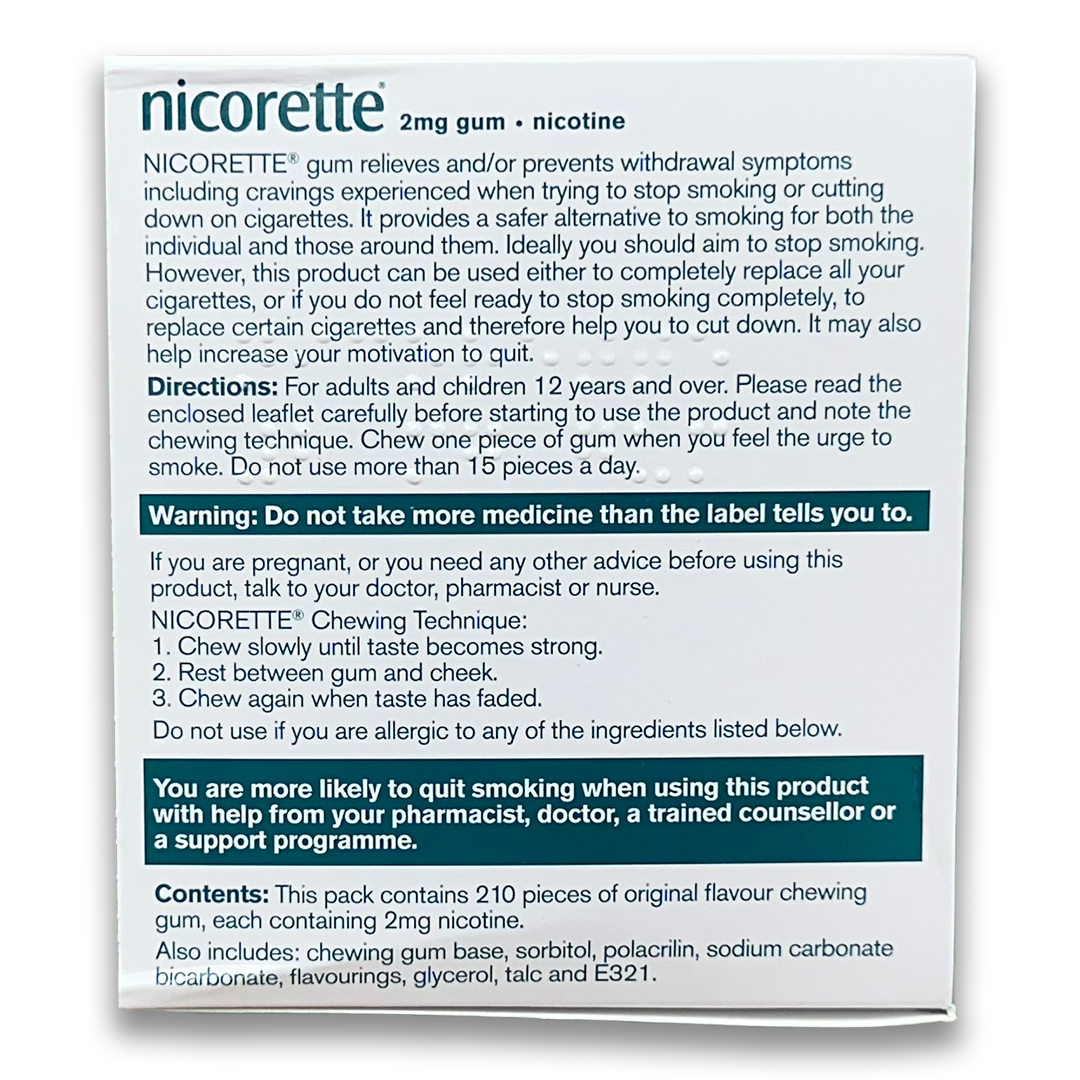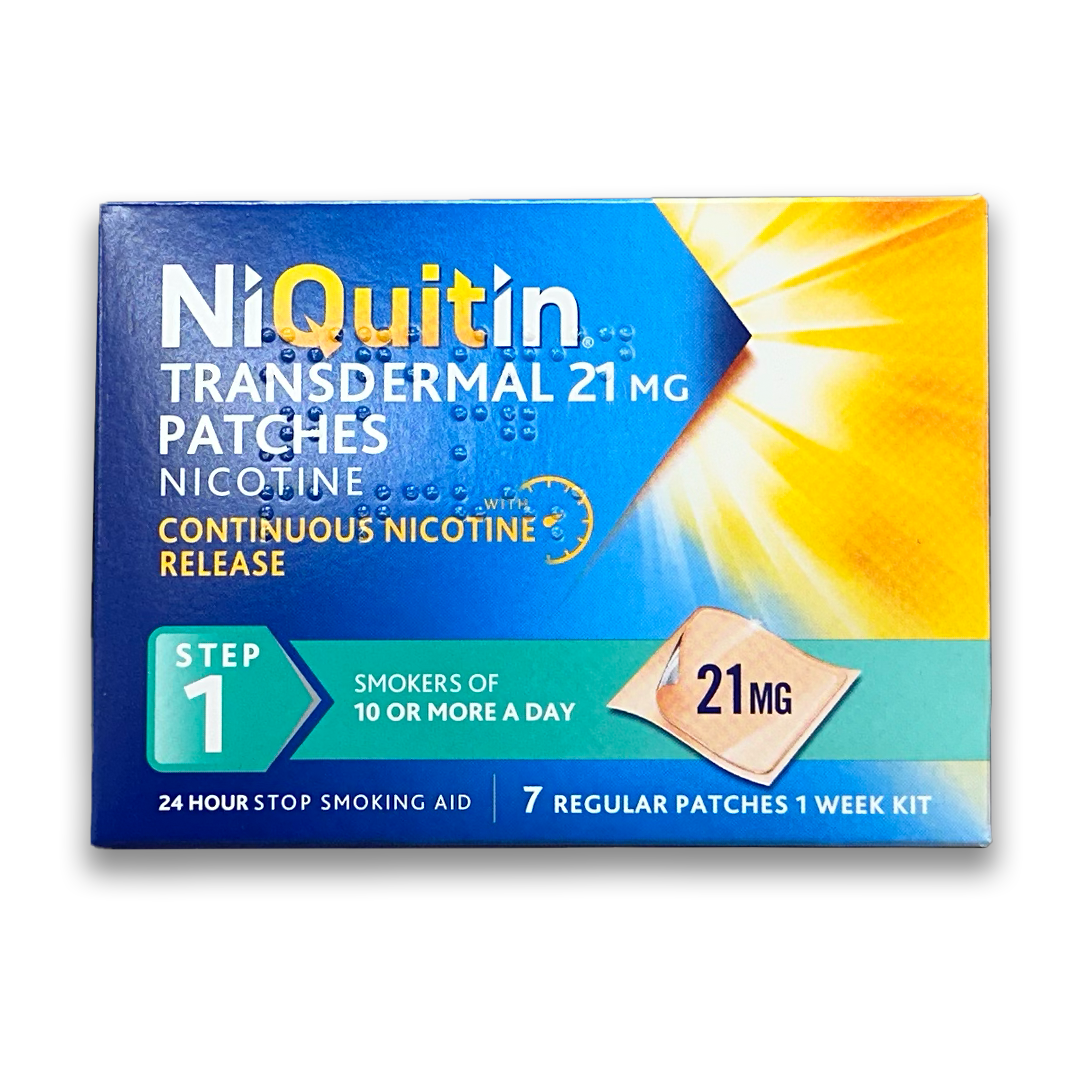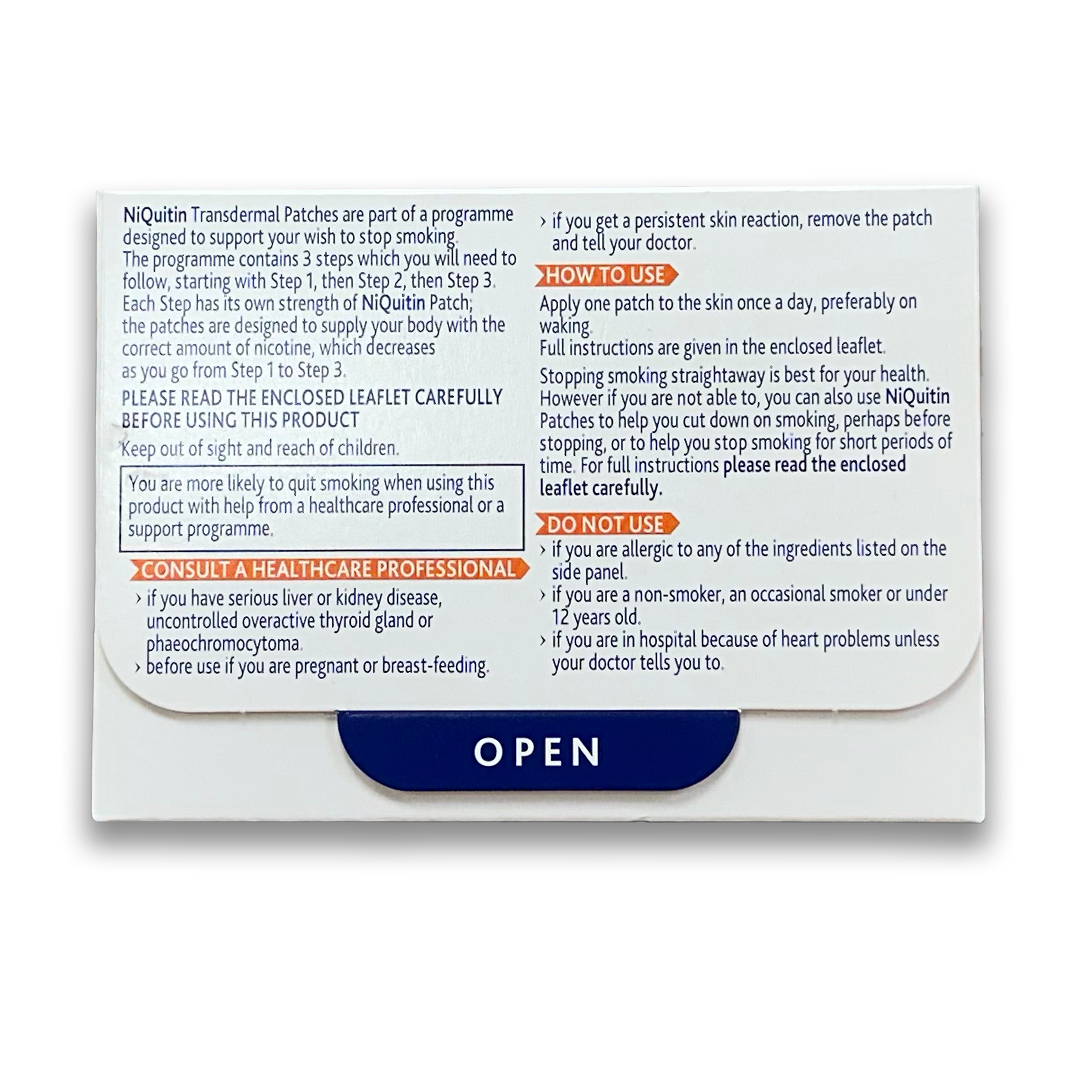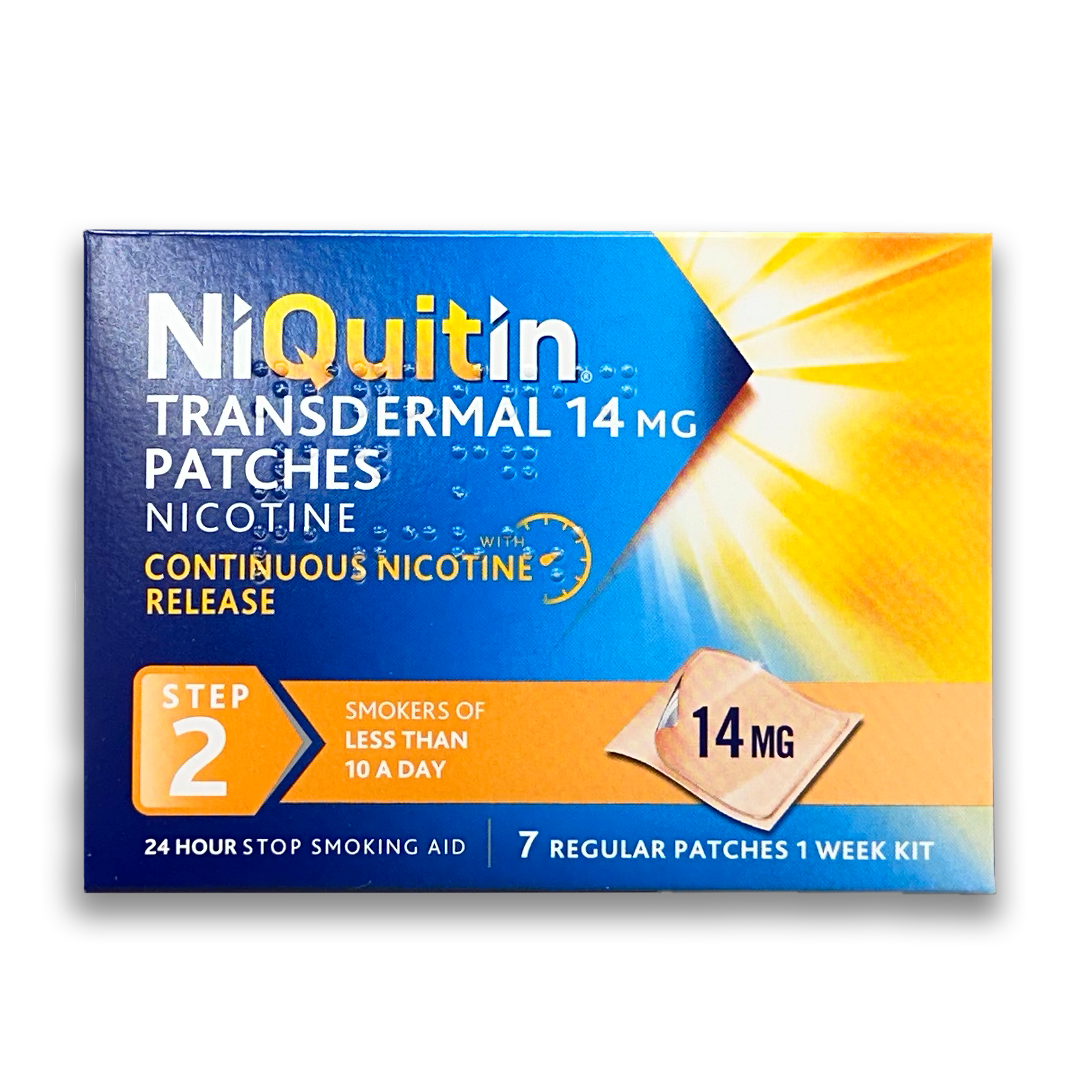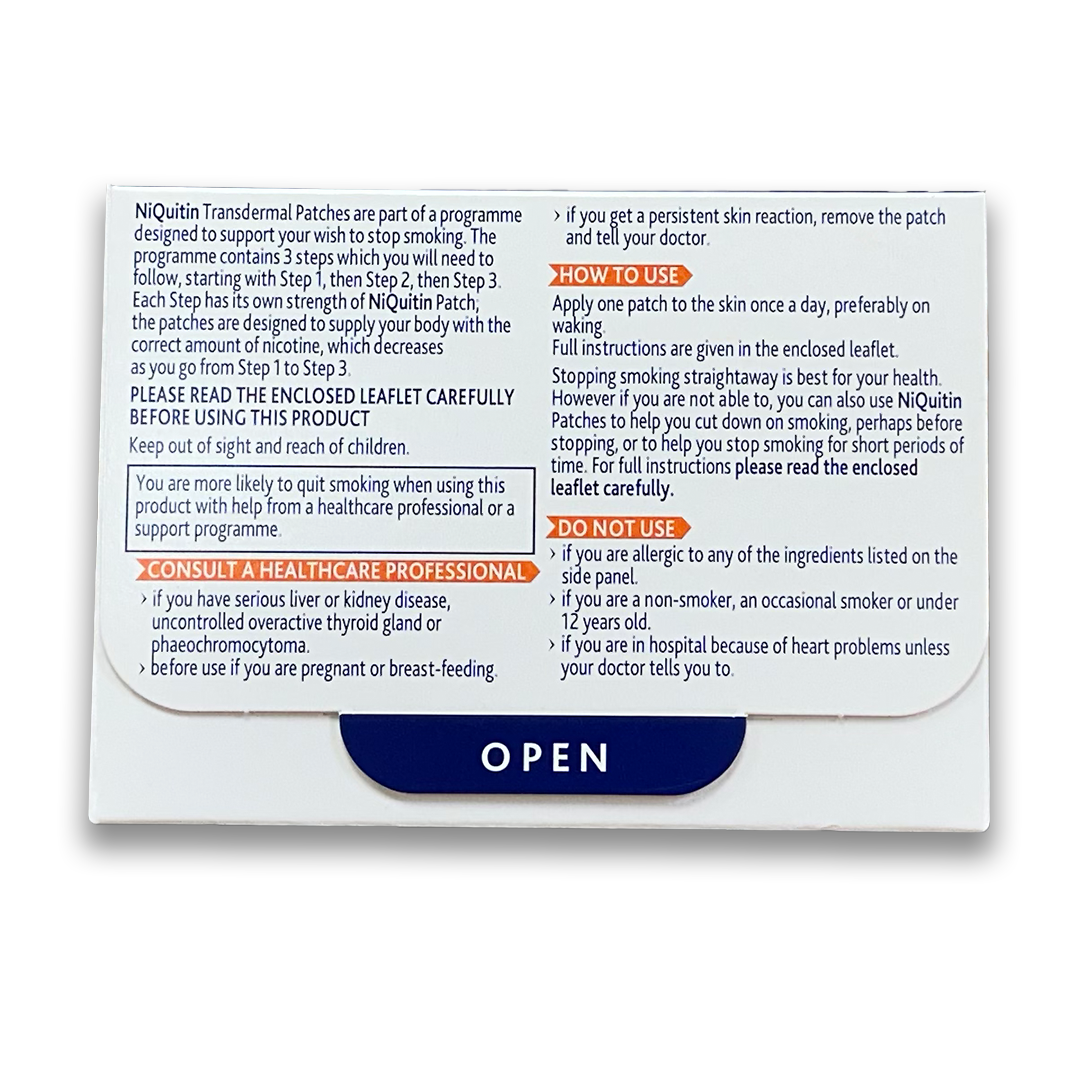About Smoking Cessation
Reasons to Quit
How Long Till Results
Treatments
Alternatives
Further info
FAQs
Is it ever too late to quit smoking, especially if I've been a long-term smoker?
What are some common withdrawal symptoms that individuals may experience when quitting smoking?
Can secondhand smoke exposure affect my efforts to quit smoking?
Are there any long-term strategies to help prevent relapse after successfully quitting smoking?
We are here to help 👋
For assistance, please contact our customer service at info@rightangled.com. We are available Monday to Friday from 8 am to 5 pm. For urgent issues, please do not use this email. Instead, call 111, or dial 999 in case of an emergency.


